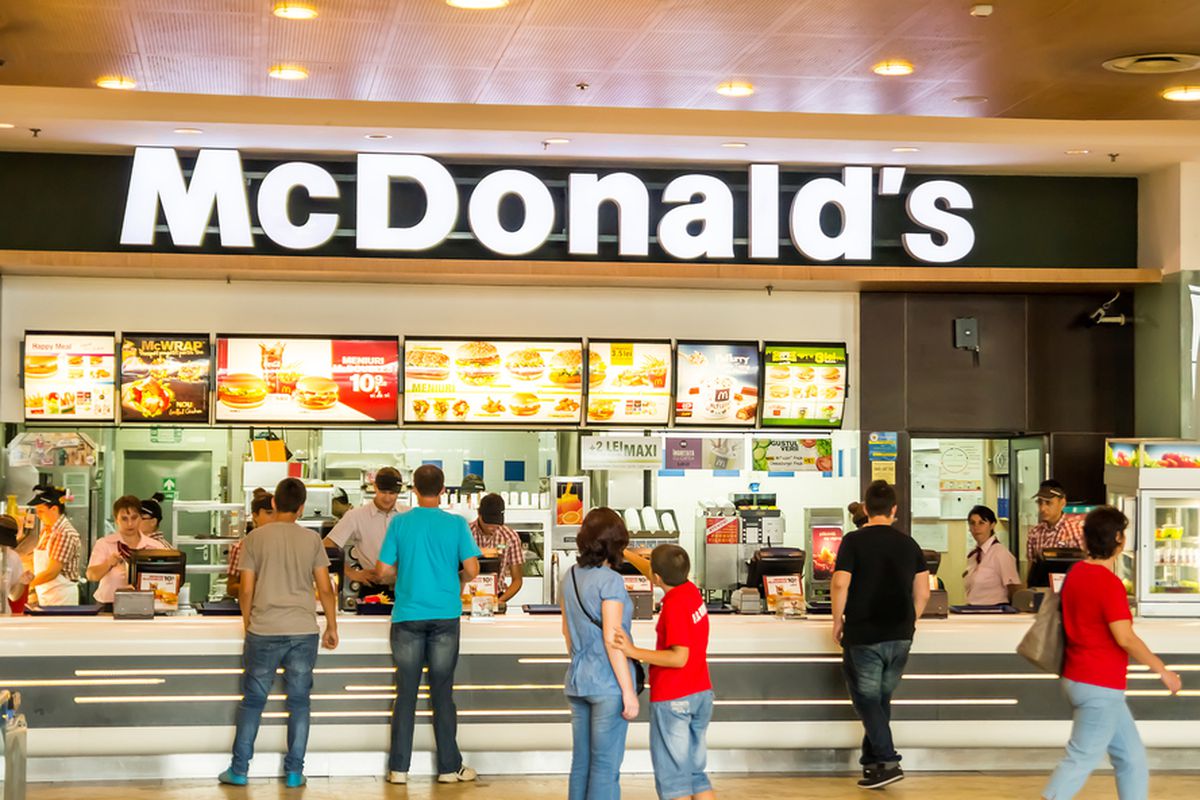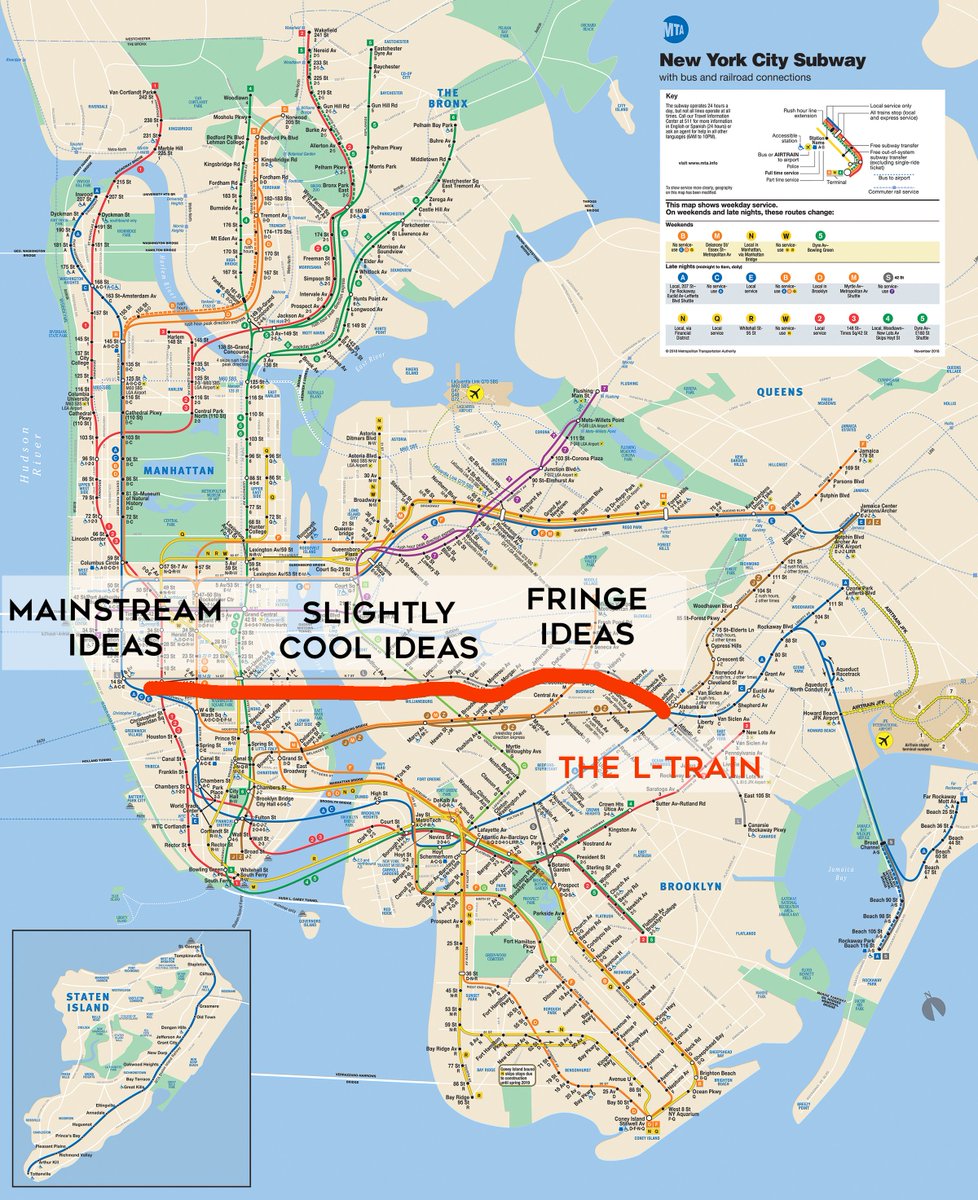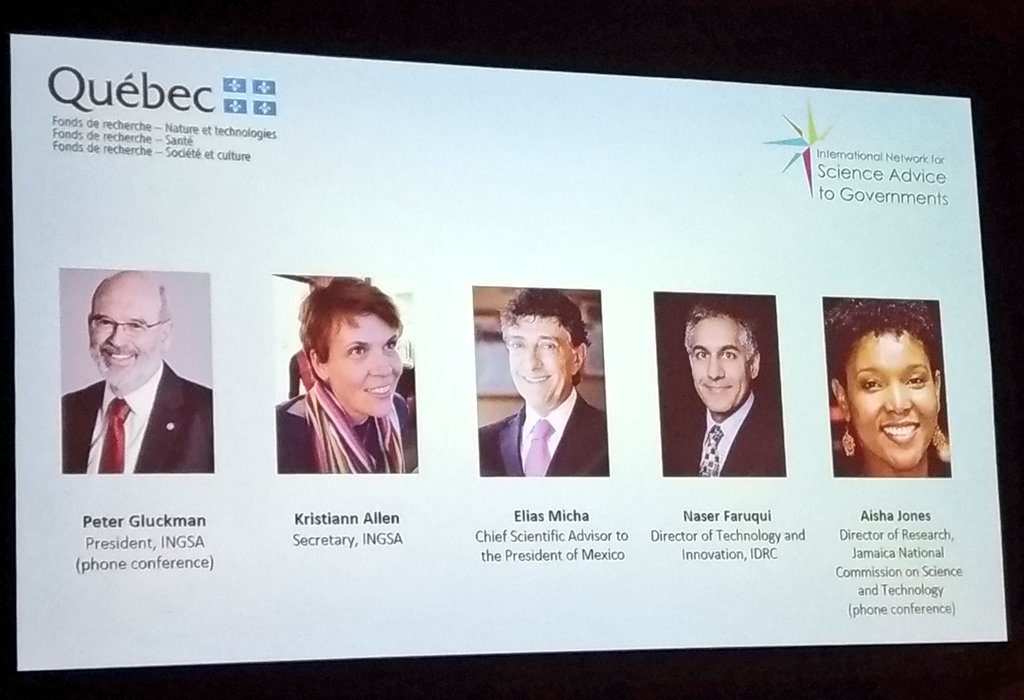Here’s a collection of marketing insights, mostly inspired by @rorysutherland, a marketing executive at Ogilvy & Mather.
Thread!
The context, the medium, and the interface where a decision is made may have a far greater effect on our decision making than the long-term consequences of a decision, even when we know those consequences.
For example, placebos are under-rated.
1. They’re extremely cheap.
2. They’re really effective.
3. They’re proven to work.
4. They don’t have negative side-effects.
Brilliant.
People assume that most decision making is driven by logic. This is called System 2 thinking.
But most decision making is driven by emotion. This is called System 1 thinking.
Objective, numerical measures don’t drive most of our decision making. Facts take a back seat to emotional responses most of the time.
Great marketers understand the automatic, unconscious, under-rated pull of System 1 decision making.
1. Trust
2. Confidence
3. Affection
Buyers usually care less about seeking perfection and more about avoiding catastrophe.
Most people use one word to define all kinds of brands. But there are two really kinds of brands:
1. Satisficing Brands
2. Maximizing Brands
People focus too much on Maximizing Brands and not enough on Satisficing Brands.
Most of the time we prioritize safety over perfection. We'll pay a premium not only for ‘better,’ but for ‘less likely to be terrible.’
When we buy Satisficing Brands, we buy safety and assurance.
Maximizers seek the very best of everything.
Maximizing Brands thrive when we’re outside of daily and normal routines. Think… wedding planning and extravagant trips. Tiffany’s is the perfect example.
Maximizing Brand purchases are rare.
We satisfice way more than we realize.
Pro-tip: Think more about Satisficing Brands and you’ll instantly improve your understanding of branding and human behavior.
Researchers rely on logic and that’s why so much marketing research is wrong and misleading. Most of our buying decisions are driven by emotion, not logic.
Consider luxury brands...
Your need for luxury brands is directly proportionate to the geographical and social mobility of the environment in which you operate.
Since we’re always meeting new people, we use luxury brands to signal success, prestige, and identity.
In small towns with low mobility, everybody knows who you are. There's no need for luxury brands.
We’re over-reliant on numbers and metrics. We assume that only what we can measure is real and everything that is real can be measured.
Definition: A powerful left-brained administrative caste which attaches importance only to things which can be expressed in numerical terms or on a chart.
"It's much easier to get fired for being illogical than unimaginative...If you pretend economists are right you'll never get fired - but equally, you'll never discover anything that interesting.” - @rorysutherland
An analogy: A restaurant that’s objectively good but smells like sewage is like a great product that’s poorly advertised.
Most companies focus too much on the “food” and not enough on the “smell."
1. Focus more on Satisficing Brands
2. Not everything that counts can be measured
3. Remember that humans are illogical and driven by emotion, not logic.
A cereal company created tons of value by changing the cereal from square to diamond. They took the exact same product, and just rotated it 45 degrees.
amazon.com/dot-Sutherland…
"In a world where everybody is focusing on data and incomplete metrics, competitive edge is found in precisely the places we cannot measure."
davidperell.substack.com/p/monday-musin…
Maximizing vs. Satisficing is such a brilliant idea. Three reasons why "Satisficing Brands" thrive:
1. The Need for Common Agreement
2. The Search for Safety
3. The “We Know It's Going to Be There” Principle
perell.com/blog/maximizin…









